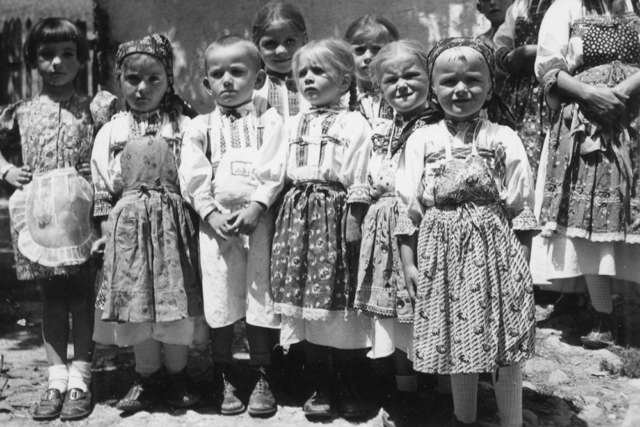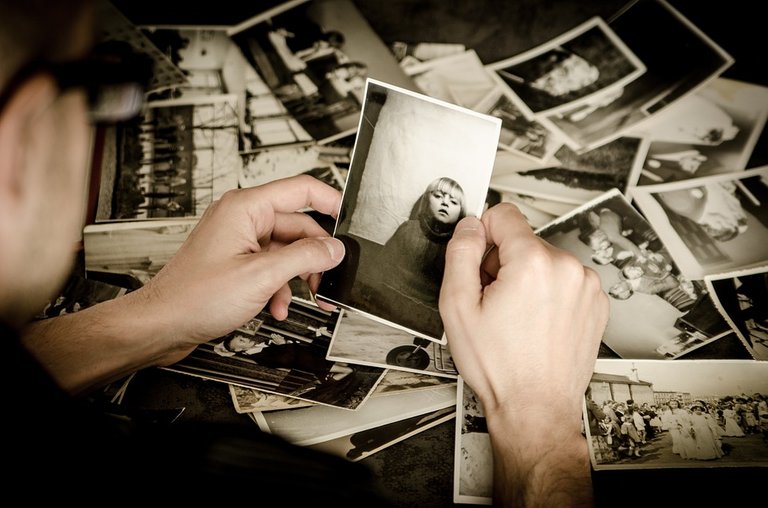Memories are a precious part of life that means a lot to us. However, scientists have shown that many of us are the first memories in fact - ordinary fiction.

An extensive research on the subject of the first memories was carried out. By earlier researches that make the earliest human memories from around the third year of life, British scientists have found quite a lot of people in this new study that claim to have memories that come even before that period.
Out of a total of 6,641 respondents, 38.6% said they had memories from the time they were two-year-olds, and 893 people claim to recall the events from the age when they were one-year-olds (middle-aged and older people).
To explore the first memories in humans, scientists have asked the participants to describe their first memory in detail and at what age. Particularly emphasized that remembering must be what they were certain to have happened and that they should not be based, for example, on family photography, story or any other source except for direct experience.
From the obtained descriptions, they examined content, language, nature and other descriptive details, and they estimated probable reasons why people reliably claim to have memories from the age when memories can not be formed.
Scientists, in fact, explain that they are not really real memories, but images created from fragments of earlier experiences that are mixed with facts about our own childhood that we have heard from others.
"What a person has in mind when talking about early fictitious memories are actually episodes of mental resemblance that resemble memories," says head of study at the University of Bradford.
Although many people are still convinced that they are real memories, scientists clarify that the complexity of the mind makes it much more difficult to separate the fact of fiction from childhood memories.
Only in the fifth or sixth year we create memories of adult people. This is due to brain development, maturation, but also a better understanding of the world around us.
Earlier research has shown that as adults we can unconsciously "intervene" in memory and change it. The brain is a fascinating but complex creation and usually stores parts of the lived experiences, while the holes in memory fill the assumptions that seem meaningful to us.
In the end, you wonders whether our memories are real or just an illusion ?

Source
Plagiarism is the copying & pasting of others work without giving credit to the original author or artist. Plagiarized posts are considered spam.
Spam is discouraged by the community, and may result in action from the cheetah bot.
More information and tips on sharing content.
If you believe this comment is in error, please contact us in #disputes on Discord
Sneaky Ninja Attack! You have just been defended with a 7.41% upvote!
I was summoned by @ivan78. I have done their bidding and now I will vanish...
woosh
A portion of the proceeds from your bid was used in support of @youarehope and @tarc.
Abuse Policy
Rules
How to use Sneaky Ninja
How it works
Congratulations @ivan78! You have completed the following achievement on the Steem blockchain and have been rewarded with new badge(s) :
Click here to view your Board of Honor
If you no longer want to receive notifications, reply to this comment with the word
STOPDo not miss the last post from @steemitboard:
Congratulations @ivan78! You received a personal award!
Click here to view your Board
Congratulations @ivan78! You received a personal award!
You can view your badges on your Steem Board and compare to others on the Steem Ranking
Vote for @Steemitboard as a witness to get one more award and increased upvotes!